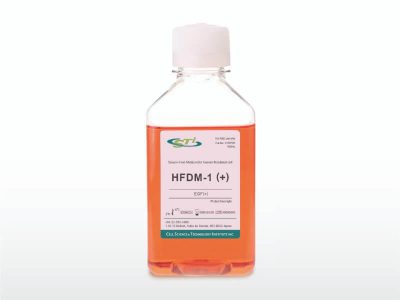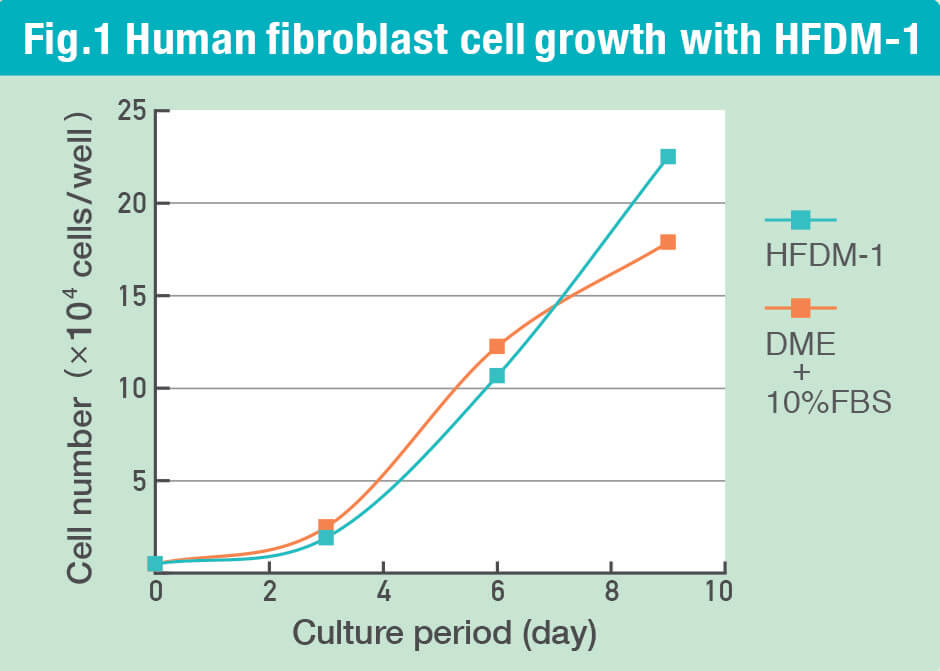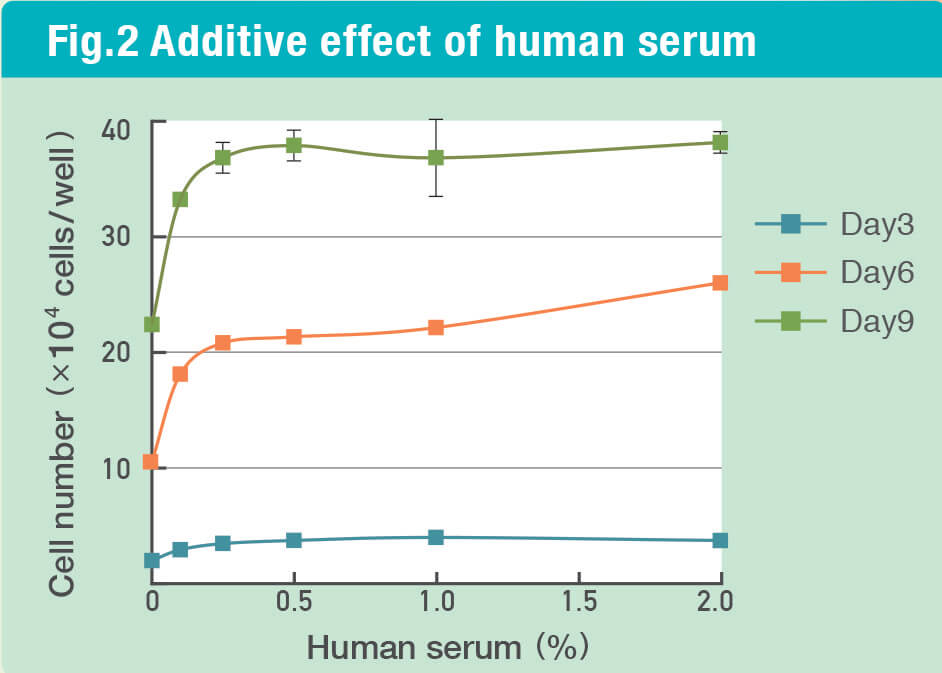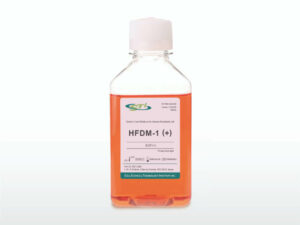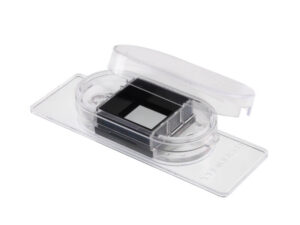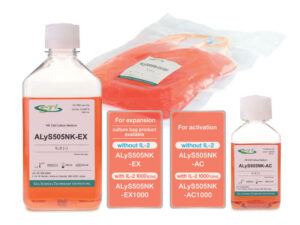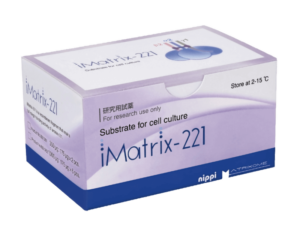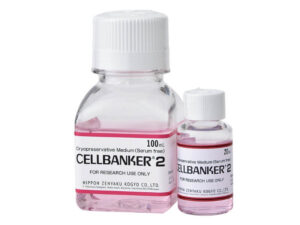HFDM®-1
Serum free medium for Human Fibroblast
Product Basics
HFDM®-1 is a chemically defined medium for culturing human normal dermal fibroblast. (HNDF). Fibroblast cultured with this medium under serum free condition can proliferate as well as DMEM supplemented with 10% serum. For expansion of fibroblast cells less serum (0.5 – 2.0%) is required compared to conventional methods.
Key Features
- Chemically defined
- Coating culture-ware with matrix, such as fibronectin or collagen, is not necessary
- Proliferate fibroblast cells under serum free conditions
- Less serum needed to expansion of fibroblast cells, compared to conventional method.*
- Certified by the Pharmaceuticals and Medical Devices Agency (PMDA) in Japan, to be safe to use in regenerative medicine
* * CSTI Artificial Serum can be used instead of serum and obtain similar results while maintaining a serum free cell culture system **
Technical Information
Cells Tested
Human
Normal human dermal fibroblasts (NHDFs)
Primary human dermal fibroblasts
Human fibroblast from oral tissue. Human gingival fibroblasts
Cardiac fibroblasts (CFs autologous primary fibroblasts)
Cancer-associated fibroblasts (CAF)
Plumonary fibroblast from lung cancer patients
human intestinal organoid-derived fibroblasts
U251 human glioma cells.
Hela
Rodents
Mouse PBMC and fibroblast from tail
mice fibroblast sheet
mouse embryo fibroblasts (MEF) clones
Rat multilayered fibroblast sheets derived from autologous oral mucosal
C6 rat glioma cells
Specification
- Size: 500mL/1000mL
- Storage temperature: 2-8°C
- Shelf life: 12 months following manufacture date
- Manufactured by: Cell Science and Technology Institute
Pricing
500ml
- SKU: 2102P05
- Price:
$105.00→ $95.00
1000ml
- SKU: 2102P10
- Price:
$133.00→ $120.00
References
- Suto, Y. et al. Wound-healing effects of frozen-thawed allogeneic fibroblast sheet transplantation and xenogeneic fibroblast cell sheet transplantation cultured on a new substrate. Tissue and Cell 95, 102888 (2025) doi: 1016/j.tice.2025.102888.
- Ganbold, M. et al. Isorhamnetin exerts anti-proliferative effect on cancer-associated fibroblasts by inducing cell cycle arrest. Biomedicine & Pharmacotherapy 185, 117954 (2025) doi: 1016/j.biopha.2025.117954.
- Sung, J.-Y. & Lee, J. W. Cancer-Associated Fibroblast Subtypes Reveal Distinct Gene Signatures in the Tumor Immune Microenvironment of Vestibular Schwannoma. Cells 13, (2024) doi: 3390/cells13191669.
Other Documents
- Protocol - Coming soon
- SDS
- Sample CoA
FOR RESEARCH USE ONLY, NOT FOR USE IN DIAGNOSTIC PROCEDURES
